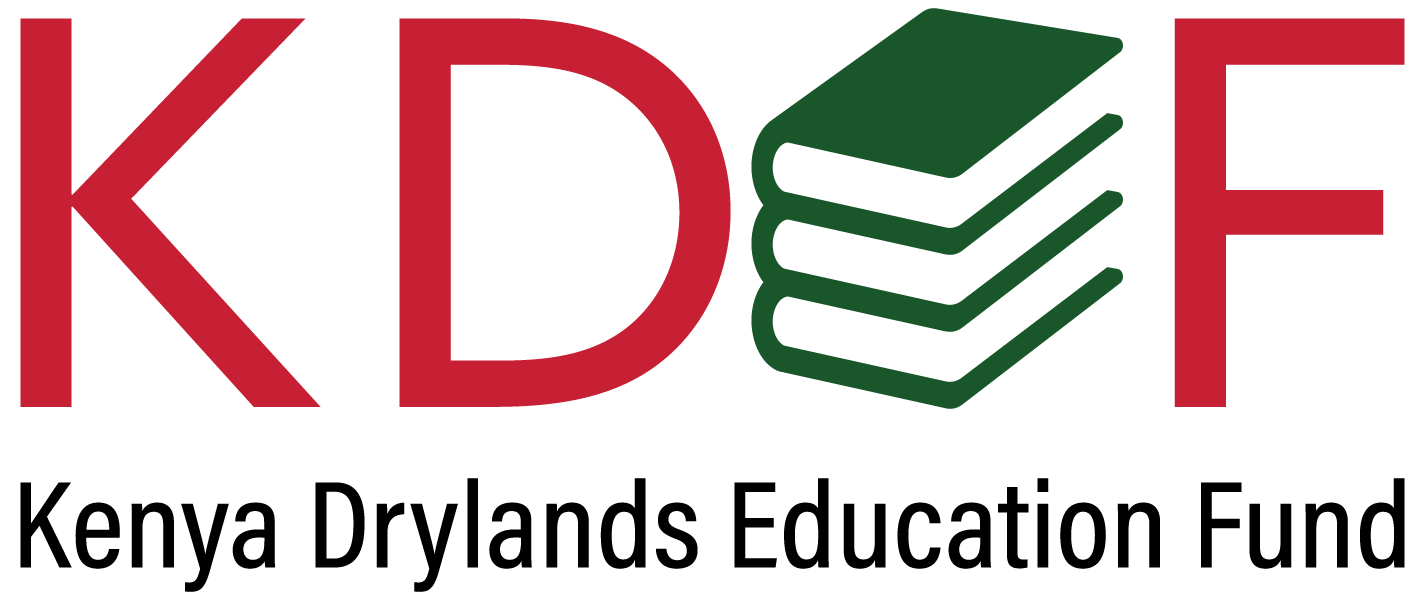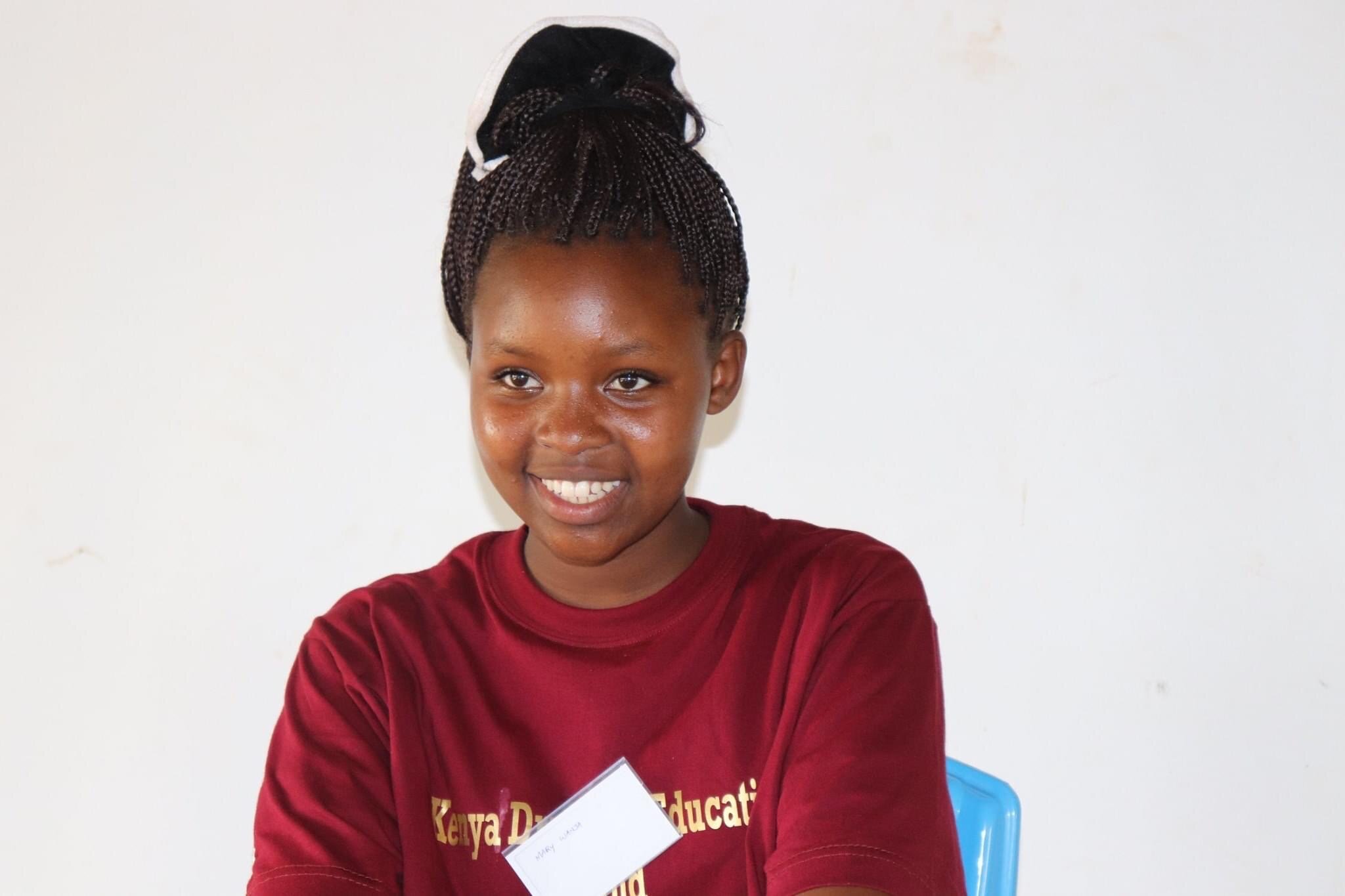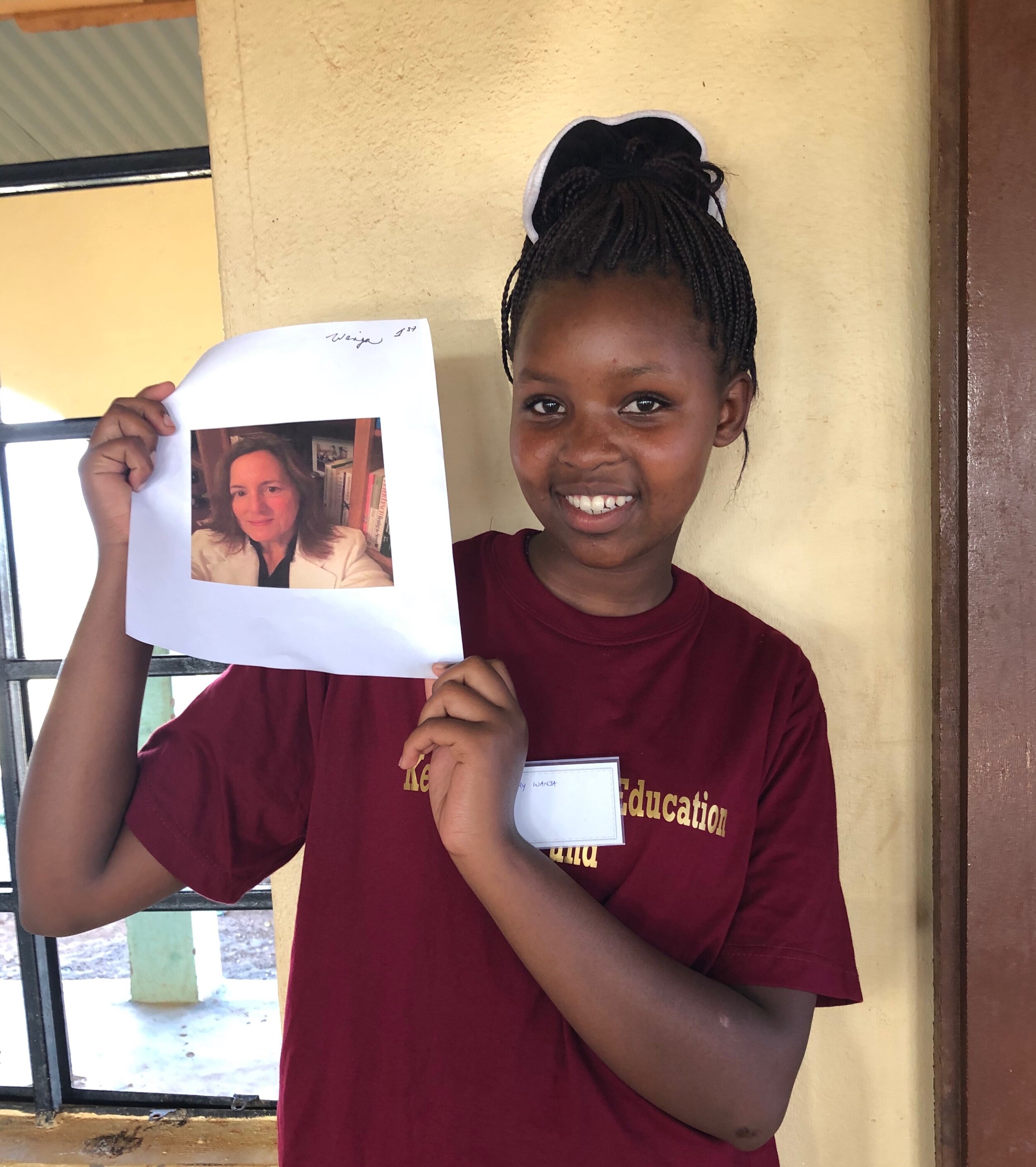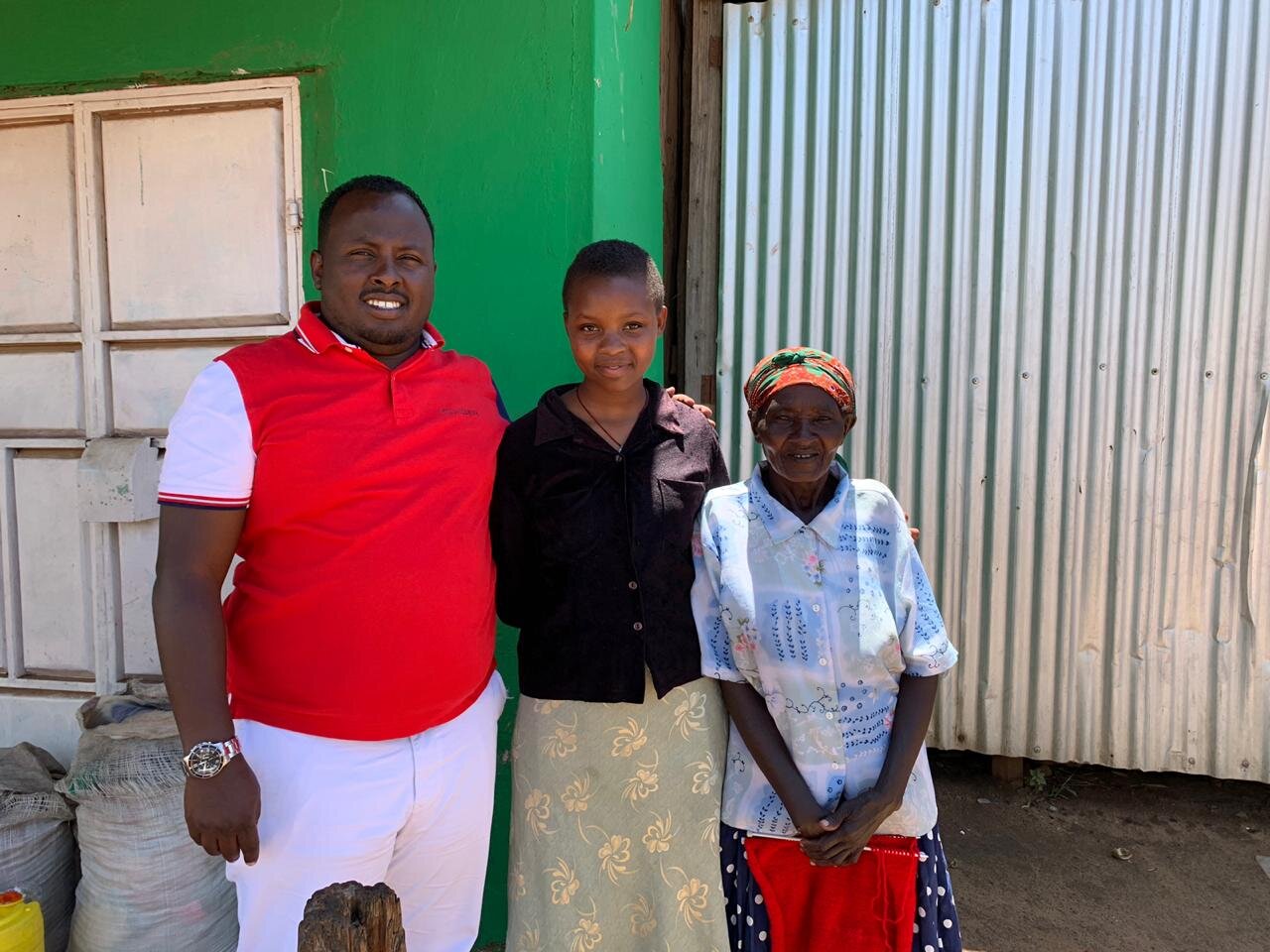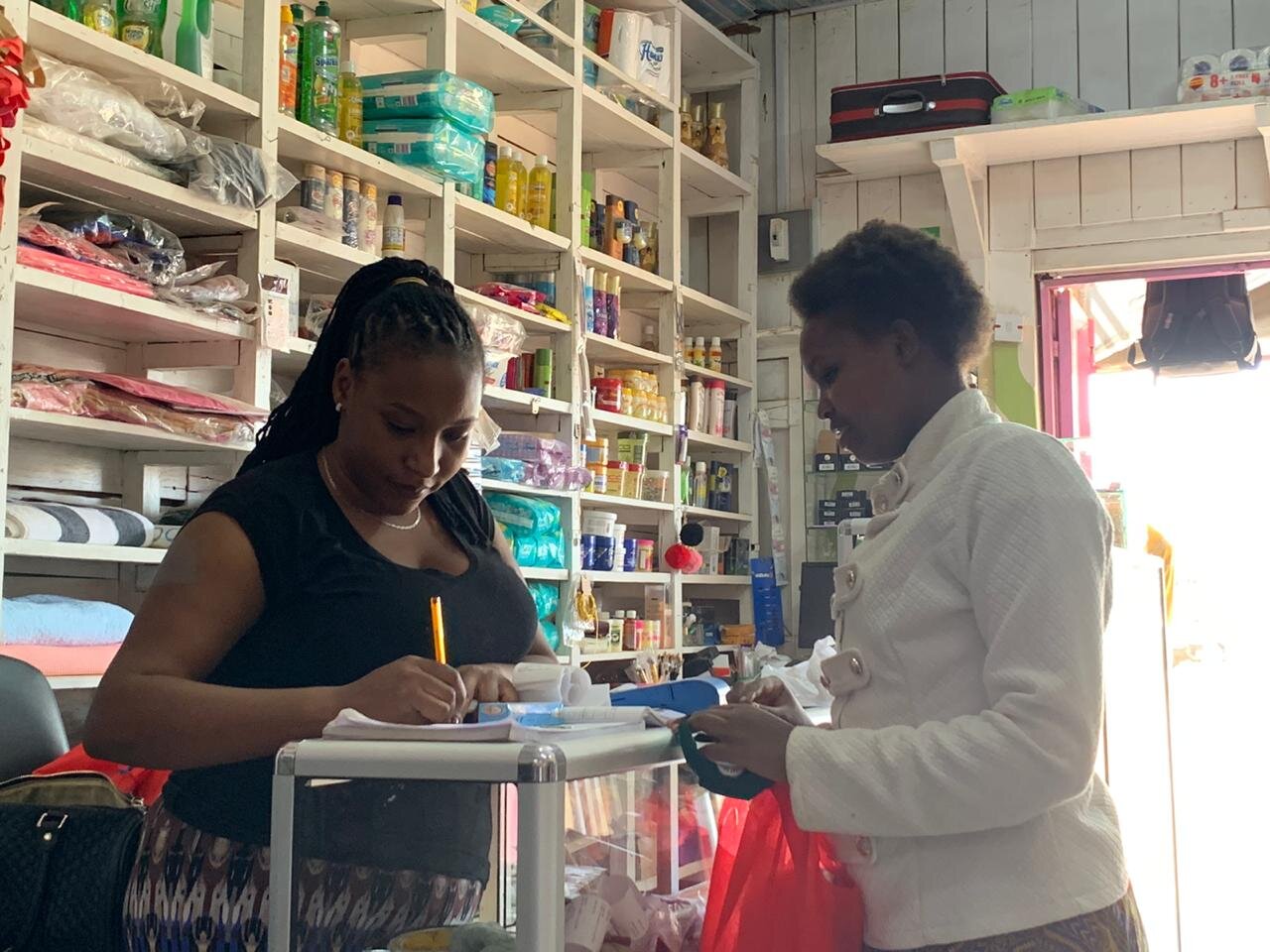A Girl Without a Past
Mary Wanja does not know her real name. When she was abandoned at the age of three, she was left alone – without a tether, without a name to ground her to the world. She often wonders what her real name is and thinks about what her mother might have called her so long ago. No one knows exactly when she was born; the children’s officer wrote her birth certificate. She doesn’t know any of her relatives, or if she even has any. But when she is out in the streets of Maralal, she searches the surrounding faces hoping to find a face that looks like her own; a flash of a smile or a glint in the eyes that would remind her of her own features. She says what she longs for the most, is to see her behavior reflected in others, to trace her own movements through her relatives, to have someone who smiles like her. She reads in storybooks how people say someone has their mother’s eyes, hair, or heart. No one has ever said that about her.
As time passes, and Wanja grows older, her story is told in bits and pieces. Thirteen years ago, an old lady was out knitting sweaters for her clients in July, the coldest month in Kenya and her business’s peak season, when she found her. She had left her one room house in the morning, and saw a little girl playing in the dirt. She didn’t give it much thought. When she returned to make herself lunch, the young girl looked hungry, sleepy, and terribly dirty. The old lady went to talk to her and asked her neighbors if anyone knew whose child she was, but no one knew her. The old lady, affectionately known as Mary Wanja’s grandmother, no longer sees the need to keep returning to the past. She says as long as her girl is healthy and in school, nobody should burden her with the uncertainty of her past. She is still her grandmothers’ child.
Wanja is rarely out of the one room house she shares with her grandma. A natural storyteller, she has read every book and paper she has. Since the schools were closed by the Kenyan government to curb the spread of coronavirus, she can count the number of times she has talked to another person other than her grandma. With basic necessities like food and soaps becoming scarce in her household, she prays every day that schools will reopen. At least in school she could eat regularly, spend time with her many friends, and had an endless supply of books to read.
She wants to be a journalist who focuses on human interest stories, so she may explore the world and find stories similar to hers – surely there has to be others out there who grew up like her. She wants to find them and tell their stories alongside hers in hopes of inspiring those that will come after her.
Because she believes she has survived thus far purely on the goodness of others, Wanja thinks that she owes all those who helped her. She would not be where she is today without her sponsors, her grandma, and the KDEF staff and mentors who continue to push her to not stop dreaming. When she is at her lowest and there is no one to talk to, Wanja likes to replay the last KDEF mentorship session in her mind and draw inspiration from it.
KDEF will make her dream come true, thanks to your support.
